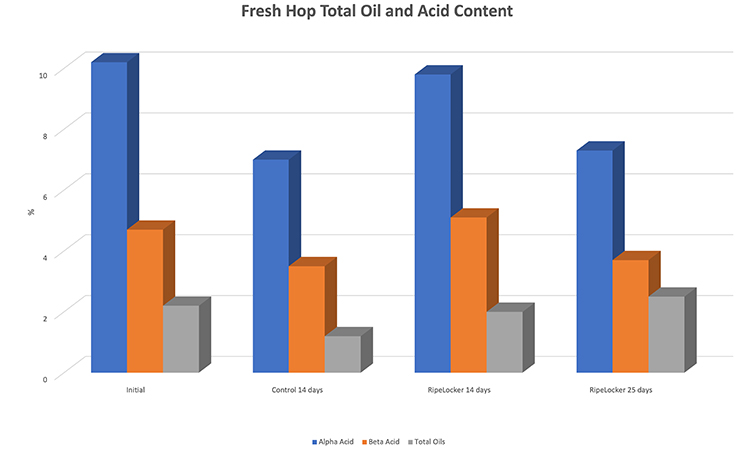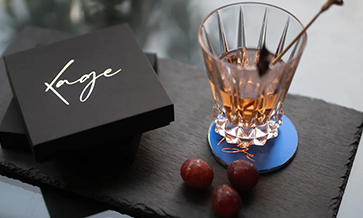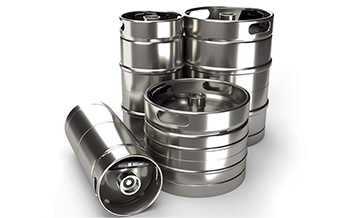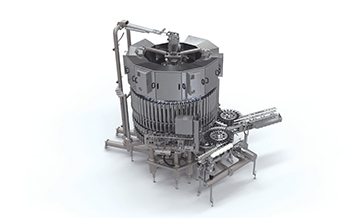RipeLocker, a US leader in extending the post-harvest life of perishables, has announced that its technology that can extend the life of fresh hops by up to six weeks. A valuable and highly perishable flower, fresh hops in the past needed to be used within a day of harvesting.
When using RipeLocker managed-atmosphere containers to store the hops, the fresh hops retained their original form, colour and aroma six weeks later. This is significant for hop growers, hop dealers, breweries and consumers.
The RipeLocker is a cost-effective, pallet-sized, managed-atmosphere container. The ultra-low oxygen containers suppress pathogen growth, resulting in significantly less decay.
The company tailors operating parameters, such as internal pressure, CO2 and oxygen levels, to optimise longevity and freshness for the specific needs of each perishable stored inside.
In addition, the company can monitor and change holding parameters real-time to prevent damage from occurring. The RipeLocker is engineered from the ground up using recycled materials and is reusable.
Based in Yakima Valley of Washington state a hop dealer helped facilitate the collaboration between RipeLocker, CLS Farms and Thomas Hooker Brewing Co. With RipeLocker technology, hop growers and packers can now sell more fresh hops, at higher margins than dry hops, and supply distant markets such as Asia.
Hop dealers, who often facilitate deals between hop growers and brewers, can now have more fresh hops to sell. Brewers can source more fresh hops for longer lengths of time and avoid costly, and environmentally unfriendly, overnight air freight. Consumers, moreover, are able to enjoy fresh hop craft beers for longer seasons.
At a global level, fresh hops grown in the Southern Hemisphere can now be much more readily available to brewers in the Northern Hemisphere, and vice versa. The new six-week lifespan, and possibly longer, enabled by RipeLocker technology also means that fresh hops can now be shipped via conventional methods such as cargo ships, railways and trucks. This has relevant cost benefits and is better for the environment than air freight.
The vacuum works to slow the respiration and senescence of perishables stored inside. Maintaining low oxygen and pressure keeps them just above going anaerobic. The RH (relative humidity) is also controlled because high humidity prevents weight loss. The dynamic system precisely manages O2 levels to control decay.
Hop aroma, oil and acid content play an important role in beer making. Fresh hops stored in the RipeLockers need to maintain their quality to become a commercially viable storage alternative. RipeLocker has patents for:
- the cylindrical vessel for low-pressure storage of perishable goods fabricated from neat or reinforced plastics;
- procedures for operating a vacuum to store perishables by controlling pressure and oxygen levels independently of each other, as well as setting floor and ceiling parameters;
- A system and method for transporting and storing post-harvest fruits, vegetables, and other perishable commodities under controlled atmospheric conditions.
RipeLocker has conducted extensive and successful trials in Colombia, Peru, Brazil, Chile, the Netherlands, Australia and the US West Coast for flowers, vegetables, fruits and fruit preserves. (https://ripelocker.com/)














